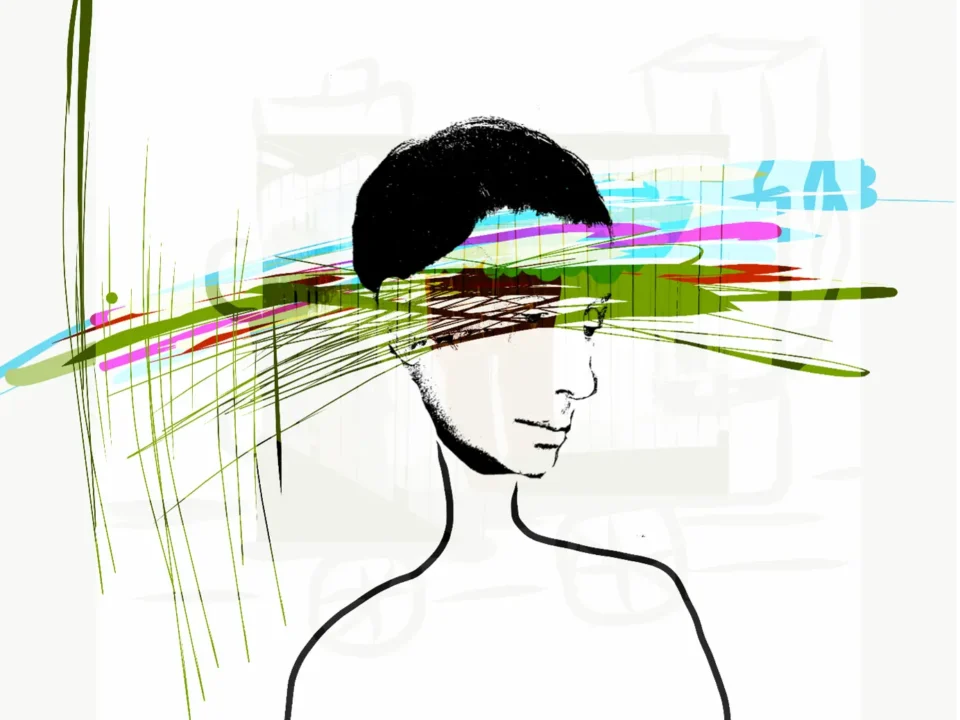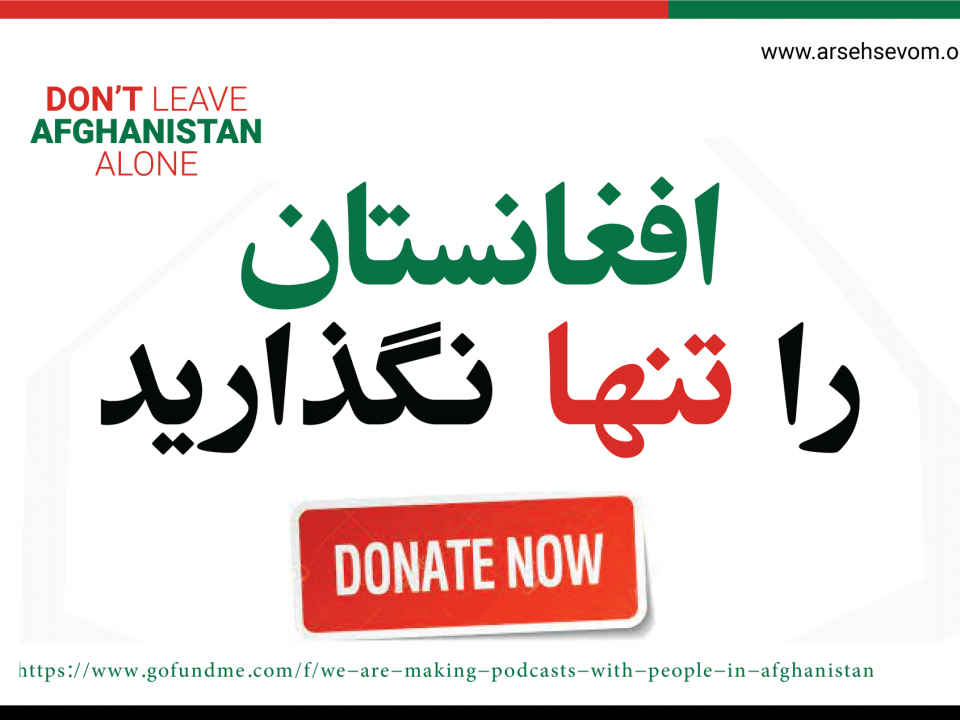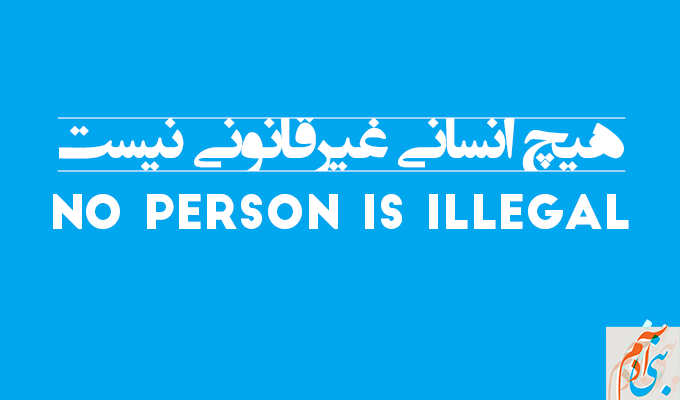
From the Zine: Tips from Peace-Worker Jasmin Nordien
December 2, 2011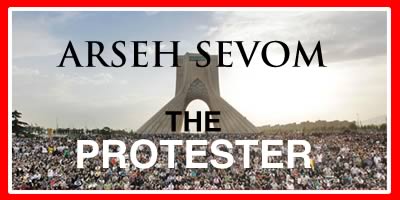
Protest and Advocacy on Arseh Sevom
December 15, 2011Arseh Sevom — In 2009, hundreds of thousands, maybe millions, of Iranians took to the streets to express their desire for more open and democratic governance. Most were wary of revolutionary promises and seeking reform with space to participate in society.
“I stood on the streets with women in chadors who were protesting for my right not to wear a veil,” a 29-year-old school teacher in Tehran told us. “It surprised me.”
That year many people urged Time Magazine to consider the protesters in Iran as the person of the year. They were disappointed by the choice of Ben Bernanke This year Time Magazine focused on The Protester, which professor and activist, Michael Benton calls, “Protest the way the American media establishment wants it — faceless and ambiguous. Note that last month’s time covers in the USA were different from the rest of the world’s — asking Americans to be ‘OK’ with ‘anxiety.’”
Scott Lucas of Enduring America tells Arseh Sevom, “”It is not just The Protester as the Person of the Year. It is the resurrection of belief in protest as a positive, a belief that rights, justice, and a better way of life are not simply to be held and withheld by those who claim to be leaders.”
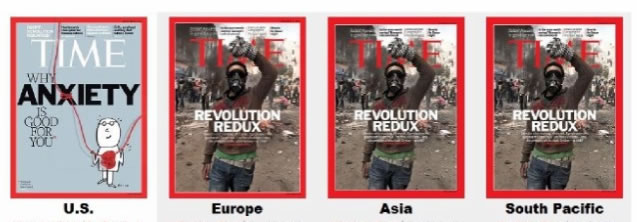
(From: Time Promotes Anxiety at Home, Provides News Everywhere Else)
The Protester’s profile, as presented by Time Magazine, spans centuries and continents. It summarizes demonstrations all over the world from Tunisia to Yemen to the United States and more.
In short, 2011 was unlike any year since 1989 — but more extraordinary, more global, more democratic, since in ’89 the regime disintegrations were all the result of a single disintegration at headquarters, one big switch pulled in Moscow that cut off the power throughout the system. So 2011 was unlike any year since 1968 — but more consequential because more protesters have more skin in the game. Their protests weren’t part of a countercultural pageant, as in ’68, and rapidly morphed into full-fledged rebellions, bringing down regimes and immediately changing the course of history. It was, in other words, unlike anything in any of our lifetimes, probably unlike any year since 1848, when one street protest in Paris blossomed into a three-day revolution that turned a monarchy into a republican democracy and then — within weeks, thanks in part to new technologies (telegraphy, railroads, rotary printing presses) — inspired an unstoppable cascade of protest and insurrection in Munich, Berlin, Vienna, Milan, Venice and dozens of other places across Europe, as well as a huge peaceful demonstration of democratic solidarity in New York that marched down Broadway and occupied a public park a few blocks north of Wall Street. How perfect that the German word Zeitgeist was transplanted into English in that unprecedented, uncanny year of insurrection.
Protest can be the only way to make new voices heard and breakthrough the inertia of the status quo. Activists and protesters remind those of us living in democratic countries of our civic responsibility to pay attention and become part of the conversation. They remind us that we do have power and can ask our elected representatives to pay attention to our concerns.
In the United States, the Occupy Wall Street movement has created space for alternative voices without making demands. It is a movement that is taking its time to grow, with (non) leaders aware of how long it takes to build successful social movements that make lasting changes.
Movements throughout the Middle East and North Africa have demanded an end to dictatorship. In Egypt, protests continue. People are holding politicians accountable for their promises of reform. Once again, a protester in Egypt tells newscasters, the leadership is behind the people.
Firuzeh Mohammadi of United4Iran says, “Events of last year have once again demonstrated the strength of citizens when they unequivocally stand for their basic rights. The power that is bestowed on the respective governments is that of people and everyday people can at anytime voice their demands, take the power back and alter their future.”
At the 2011 Crisis Group Global Briefing in Brussels, a former UN official cautioned against protester-euphoria. The rich can always buy their own protesters, he warned. Democracy does not always happen on the streets.



